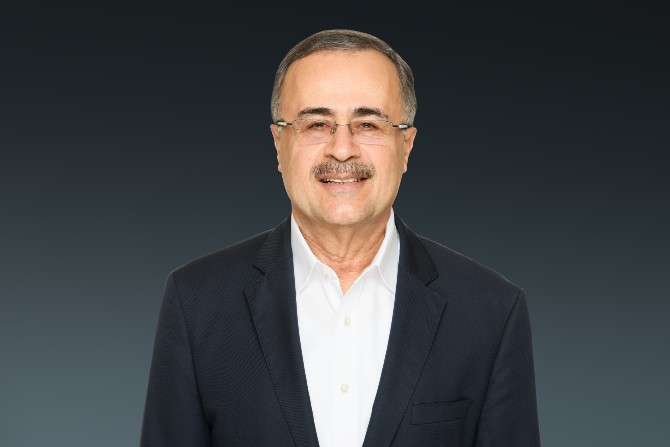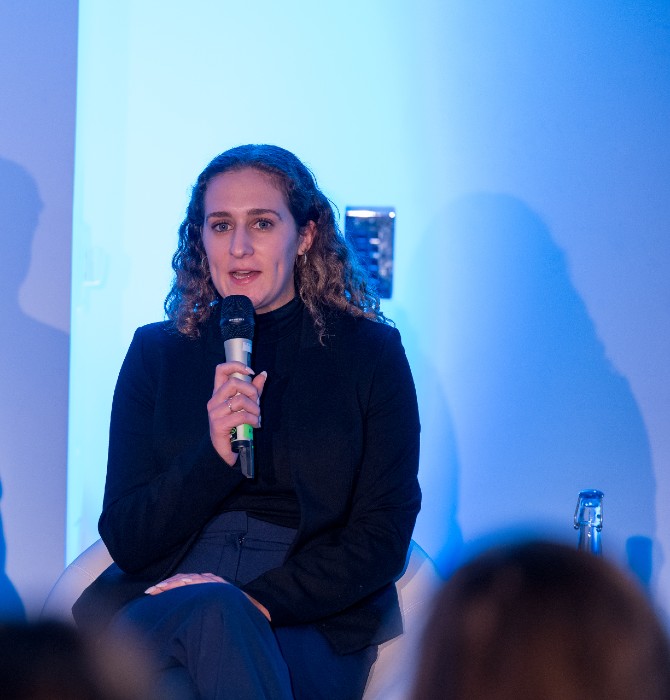BlackRock has appointed Amin Hassan Ali Nasser, president and CEO of petroleum refineries company Aramco, to its board, a move which could see the investment giant change its views on ESG.
In 2021, under Nasser’s leadership, the world’s largest oil producing company set ambitious climate plans which include having net-zero Scope 1 and Scope 2 greenhouse gas emissions across its assets by 2050.
Addressing delegates at the Saudi Capital Markets Forum 2023, Nasser said that as far as the future of capital markets is concerned, ESG is clearly a rising trend.
‘In my view, an increased emphasis on ESG is a move in the right direction,’ he remarked.
Commenting on Nasser’s election, BlackRock founder and CEO Larry Fink said: ‘[Nasser’s] leadership experience, understanding of the global energy industry and the drivers of the shift towards a low carbon economy, as well as his knowledge of the Middle East region, will all contribute meaningfully to the BlackRock board dialogue.’
BlackRock’s stance on ESG has been the subject of controversy over the years with the firm receiving backlash over its ‘woke’ views spearheaded by Fink.

However, Fink stated in BlackRock’s 2023 annual shareholders letter that it’s up to governments to make policy and enact legislation and not for companies, including asset managers, to ‘be the environmental police’.
‘For years now, we have viewed climate risk as an investment risk. That’s still the case,’ he said.
‘Material sustainability’ not ESG
BlackRock said it no longer uses the term ‘ESG’, instead opting for the phrase ‘material sustainability-related risks and opportunities.’ Emmanuelle Palikuca, head of sustainability advisory at Alliance Advisors, describes the phrase as being ‘not as catchy as ESG,’ when speaking with IR Magazine, ‘but reflects the refinement in the approach that BlackRock is taking to evaluate its environmental, social and governance-related considerations.
‘It's not about whether these topics fit under a neat little ESG umbrella,’ she adds. ‘It's about whether these topics have a clear, financially material impact on the company.’

One of the biggest proxy trends involving climate change calls for companies to align their goals with the Paris Agreement, something BlackRock says is ‘deeply uncertain’.
In the firm’s proxy voting guidelines for European, Middle Eastern and African securities, it states: ‘A growing number of companies, financial institutions, as well as governments, have committed to advancing decarbonization in line with the Paris Agreement.
‘There is growing consensus that companies can benefit from the more favorable macroeconomic environment under an orderly, timely and equitable global energy transition. Yet the path ahead is deeply uncertain and uneven with different parts of the economy moving at different speeds.’










